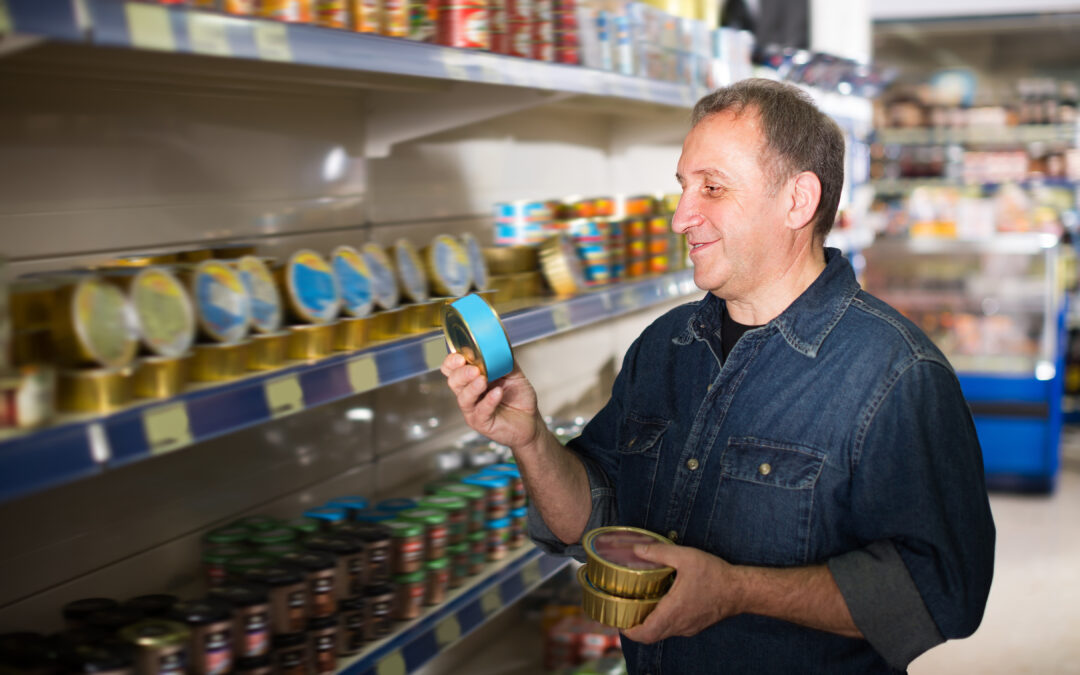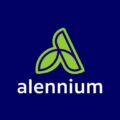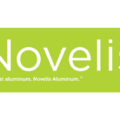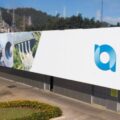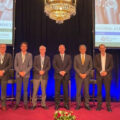Whether it’s coffee, clothes or phones, we all want to know the stories behind the products we buy on a regular basis. To help meet the growing demand for transparency and traceability of the products we buy, START was born. Like a “nutrition label” for aluminum, it tracks key information about where and how it was produced.
The first of its kind in the industry, START uses secure blockchain technology to provide information on ten criteria: carbon footprint, water use, recycled content, energy sources, community investment, safety performance, diversity in leadership, business integrity, regulatory compliance and transparency. This information is easily accessible through the START platform, where customers can view sustainability information and manage orders.
Aluminum is made from bauxite or aluminum ore. Bauxite is the basic raw material that is refined into alumina, which in turn is sent to smelters for processing into aluminum. START keeps track of this entire process. It also shows how the aluminum was manufactured: in the case of beverage cans, they can be traced back to the country of origin quickly and reliably. Blockchain is a kind of digital record keeping system that is responsible for collecting information and storing it in “blocks” connected in a chronological chain. With each action, such as bauxite being refined into alumina, for example, a new block is created. And each block has a timestamp, which ensures that the information cannot be changed.
In addition, START collects primary data from operations as part of annual sustainability reports, which are verified by subject matter experts. It then provides the information to an external life cycle assessment consultant who aggregates secondary data from industry-leading databases to create the START life cycle assessment.
Each aluminum order is assigned a unique QR code, which customers can print on their products. By scanning the code, consumers are taken to a web page detailing the journey from the ground to the finished product. In addition, START includes a scannable sustainability label that provides transparency, traceability and provenance across ten environmental, social and governance criteria.

